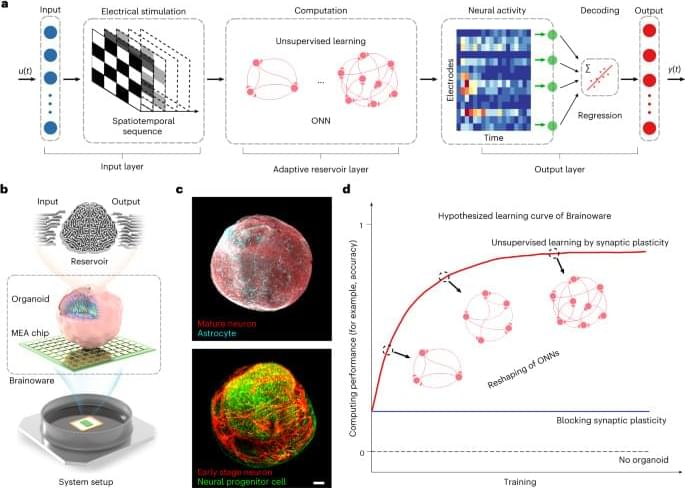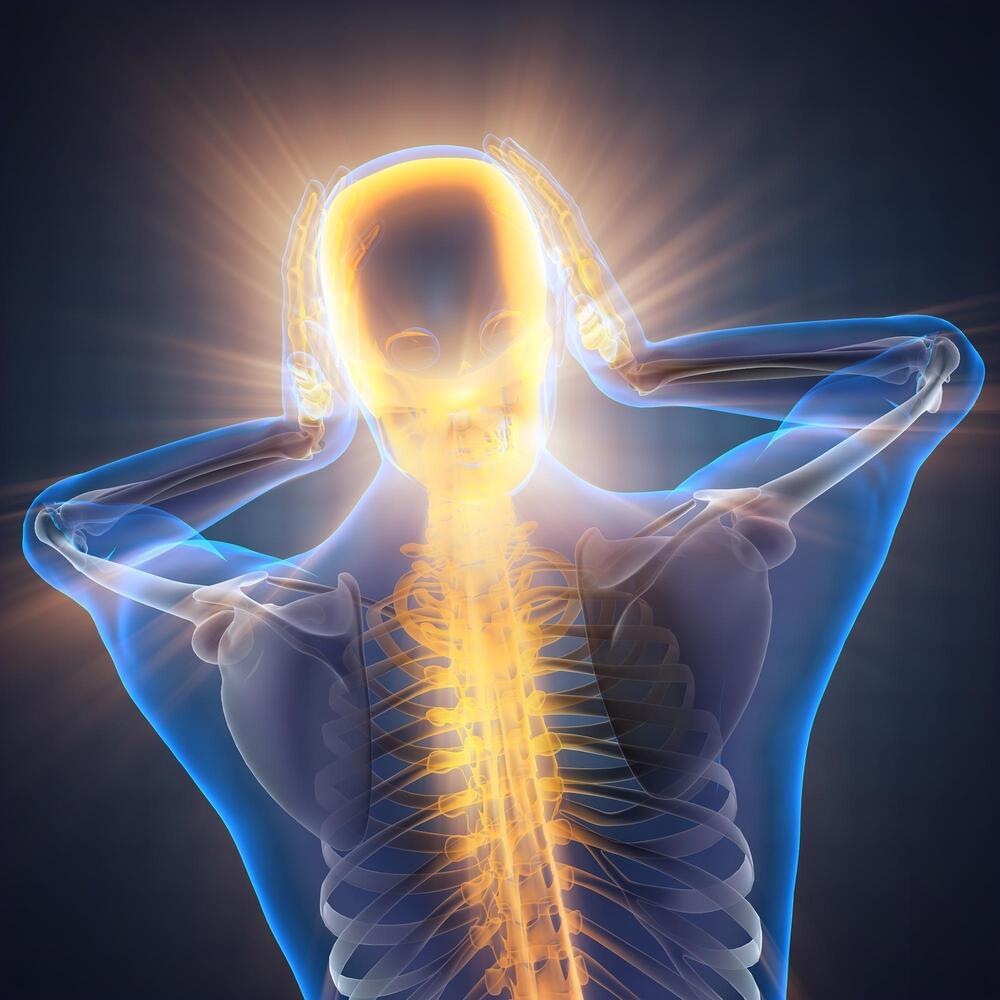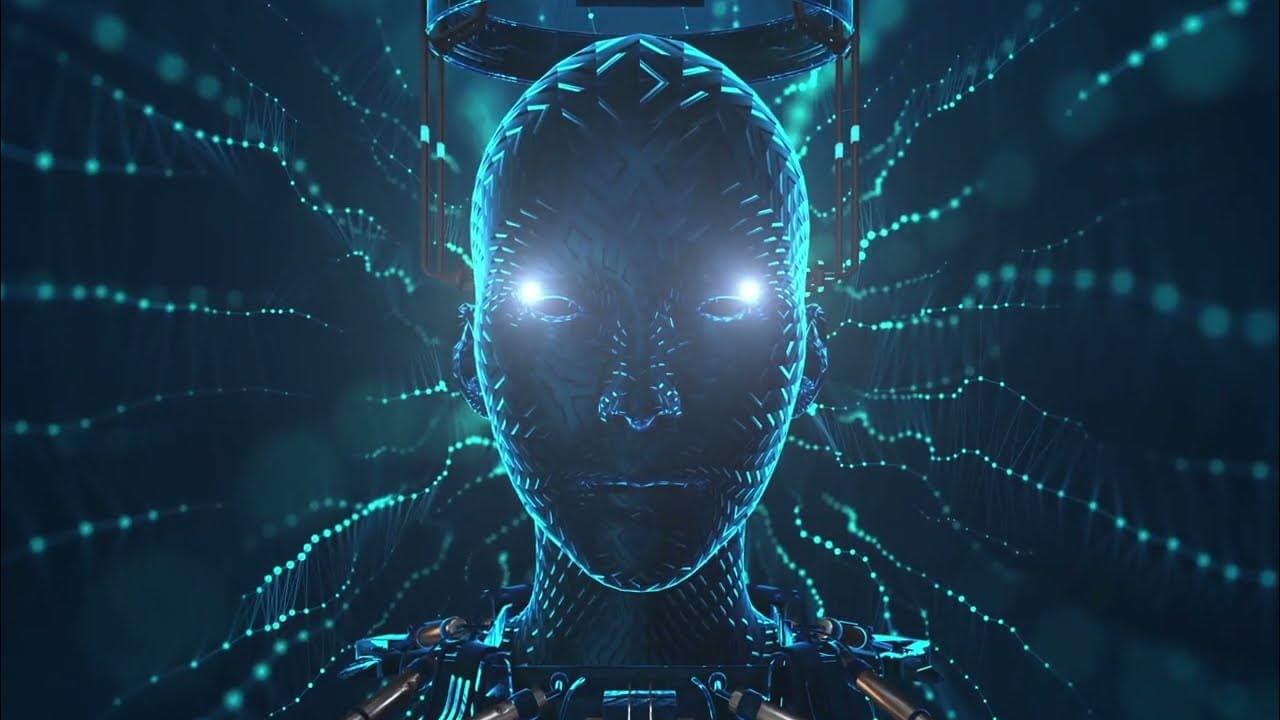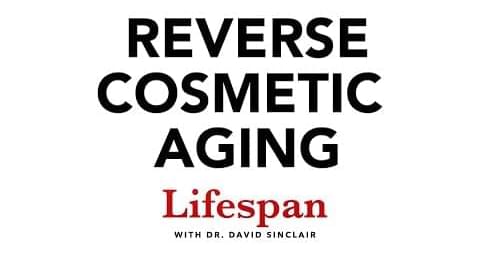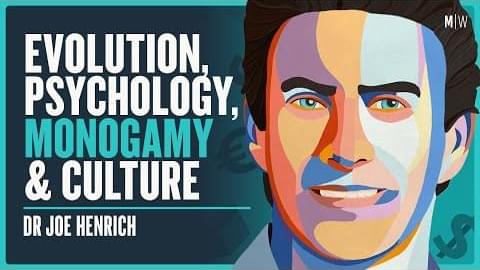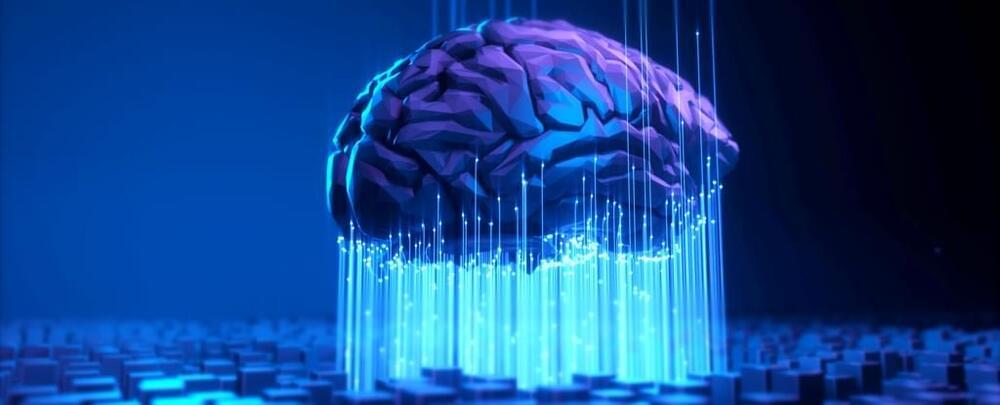Dec 12, 2023
Brain organoid reservoir computing for artificial intelligence
Posted by Dan Breeden in categories: biological, information science, robotics/AI
A living artificial intelligence hardware approach that uses the adaptive reservoir computation of biological neural networks in a brain organoid can perform tasks such as speech recognition and nonlinear equation prediction.
